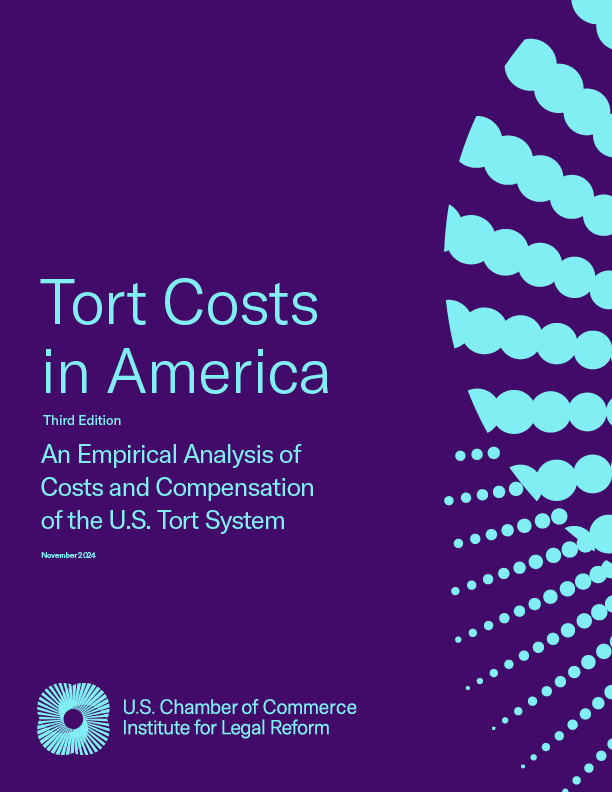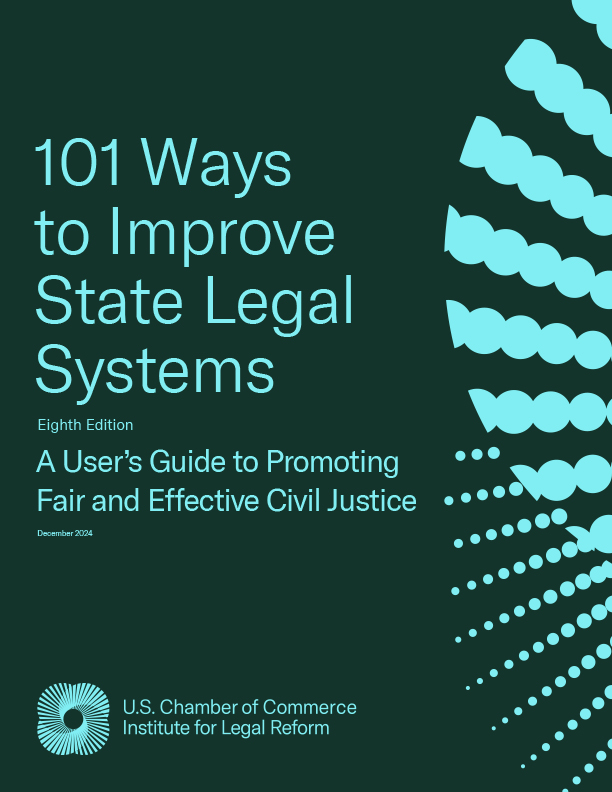New Jersey has joined the list of states that may add a huge new cost for businesses and consumers. Lawmakers in Trenton are working on a “Climate Superfund Act” designed to mandate payments from energy companies for historical emissions. While they haven’t yet figured out how big the pricetag should be, one of the bill’s lead sponsors estimated it at $1 or $2 billion per year, or up to $40 billion in total.
We took a look at what the impact would be on New Jersey households for a billion dollars in new fees being levied against in-state businesses in 2026. We’ve included more on methodology below – but here are the numbers:
For every billion dollars in fees, each New Jersey household could pay:
- $129 more in transportation costs.
- $57 more in pass-through costs from other affected businesses.
- $43 more in electrical bills.
For a total of $229 more per household.
And that’s at the very lowest end of the spectrum.
If the full $40 billion were assessed against companies in New Jersey, the impact would be far larger. With $40 billion in fees, this is the aggregate impact that the average New Jersey household could face.
- $5,177 more in transportation costs.
- $2,304 more in pass-through costs from other affected businesses.
- $1,706 more in electrical bills.
For a total of $9,187 per household.
Supporters of a $40 billion fee would insist that some of that amount is going to billed against companies outside New Jersey, and that the costs would be paid over a period of time rather than all at once. While that might turn out to be the case, it is definitely true that a big new expense for companies providing services to New Jersey households could be passed on to those households—whether all at once or over time.
A Note on Methodology
Because the model of assessing Superfund fees and resulting costs is not spelled out in S3545, we relied on estimates that Inside Climate News attributed to one of the bill’s primary sponsors. The legislation as written would make the State Treasurer responsible for determining the exact amount of the fees to be charged.
We attempted to gauge the cost to New Jersey households in two scenarios for illustrative purposes – one in which only $1 billion in fees were charged to New Jersey companies and another, admittedly unlikely scenario in which the full $40 billion in fees were charged to New Jersey companies.
To calculate that impact, we divided the cost input among major sectors (commercial, electric power, industrial, transportation) in New Jersey according to those sectors’ proportional contribution to carbon emissions in the state according to the Energy Information Agency’s latest assessment. We then further divided the resulting figure by the number of New Jersey households, and assumed that the increased cost would be entirely passed on to consumers.



